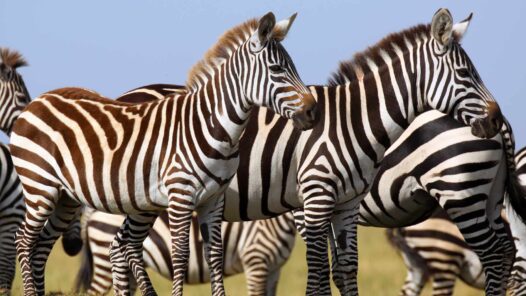The British publishers of the Collins dictionary have announced 24 words on their endangered species list. They’re words like “vilipend,” which means “to treat with contempt,” and “nitid,” that’s n-i-t-i-d, which means “glistening. “
To be automatically notified when audio is available, subscribe to the podcast using iTunes or another podcatching program.
The editors warn that if they don’t see evidence of these words being used in everyday speech and writing, they’ll drop them from the dictionary’s next edition. They’ve even set deadline for the doomed words: February 2009. But they’ve also offered the public a chance to weigh in, and vote for which words deserve a reprieve.
Sure, it’s a great publicity stunt. But I have to say that the thought of any word being voted off the lexical island makes me wince.
I understand, of course, that culling the herd is a necessary evil. First, there’s the economic reality of dictionary publishing–more words mean more pages, and more pages mean more costs per unit.
Still, I have to tell you I was aghast to realize that on the list was one of my favorite words ever. The word is caducity–c-a-d-u-c-i-t-y. Caducity. It means “perishability, transience.” More specifically, it can denote “the infirmities that accompany old age.”
Caducity comes from the Latin word “cadere,” which means “to fall.” The same root produced other falling words, like “cascade” and most likely, “cadaver,” literally, “one who has fallen.”
So what I love about this word is that tucked inside it” is a picture of falling away, like leaves in autumn. You might speak of “the caducity of fame” or the “caducity of nature.” Or you might say, “I worry about my parents’ growing caducity.”
There’s a wistful beauty about this word. And it’s not just poetic, it’s musical. Listen: caducity.
Contrary to what you might think, lexicographers say it’s incredibly hard to coin a word that sticks around long enough to wind up in the dictionary. Same goes for self-conscious efforts to revive words that have become obsolete.
But I’m convinced that “caducity” has hardly outlived its usefulness. So I’m asking you to join me: Adopt it as your own. Use it. Drop it into casual conversation. Put it into a poem. On a vanity license plate–I don’t care. Just use it.
Another thing lexicographers tell us is that just because a word isn’t in a dictionary, that doesn’t mean it doesn’t exist. So regardless of what the Collins editors decide in February, I’m going to hang on to this one.
Then again, if we all start using it, maybe we can save this lovely word from, well, caducity.
Check out the other words on Collins’ list here.




